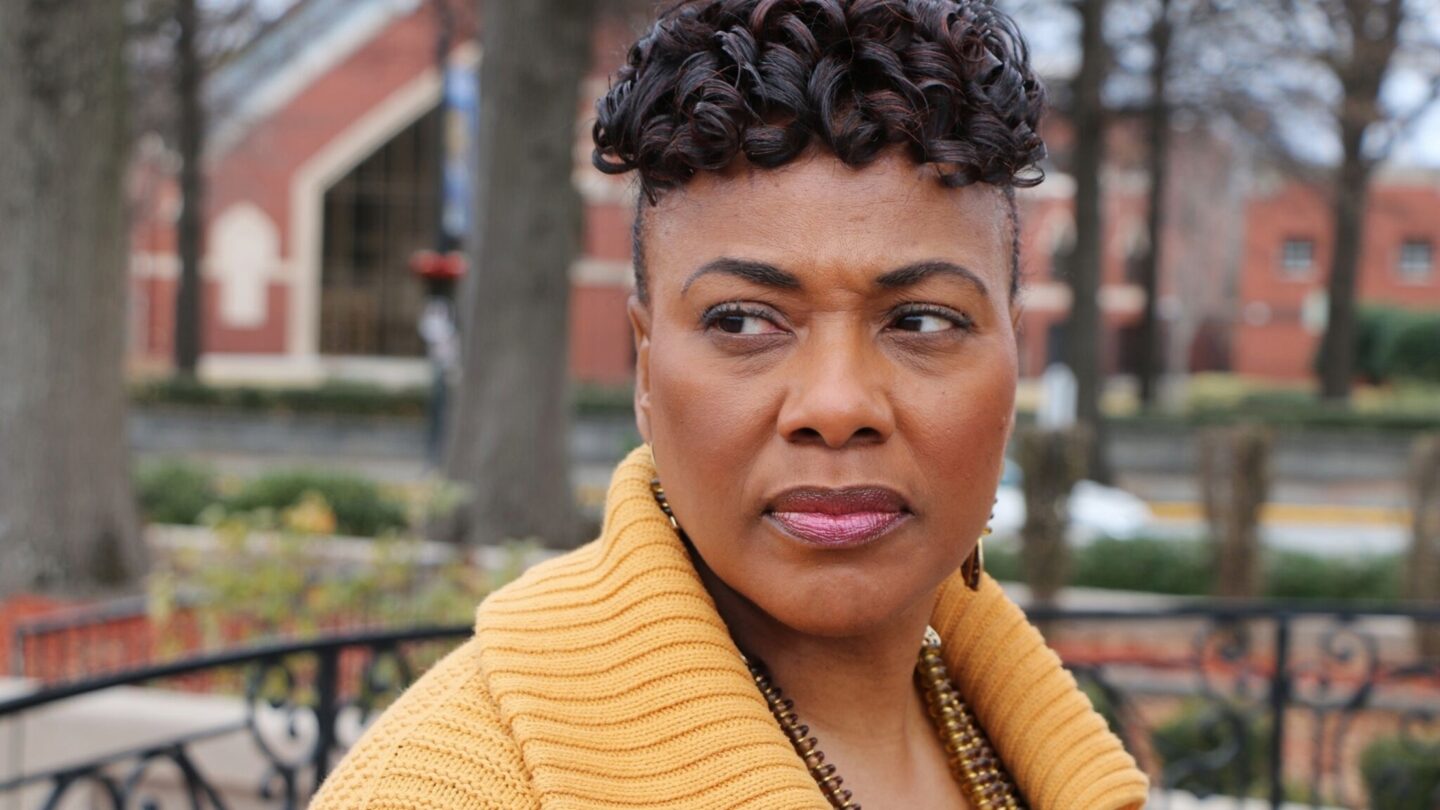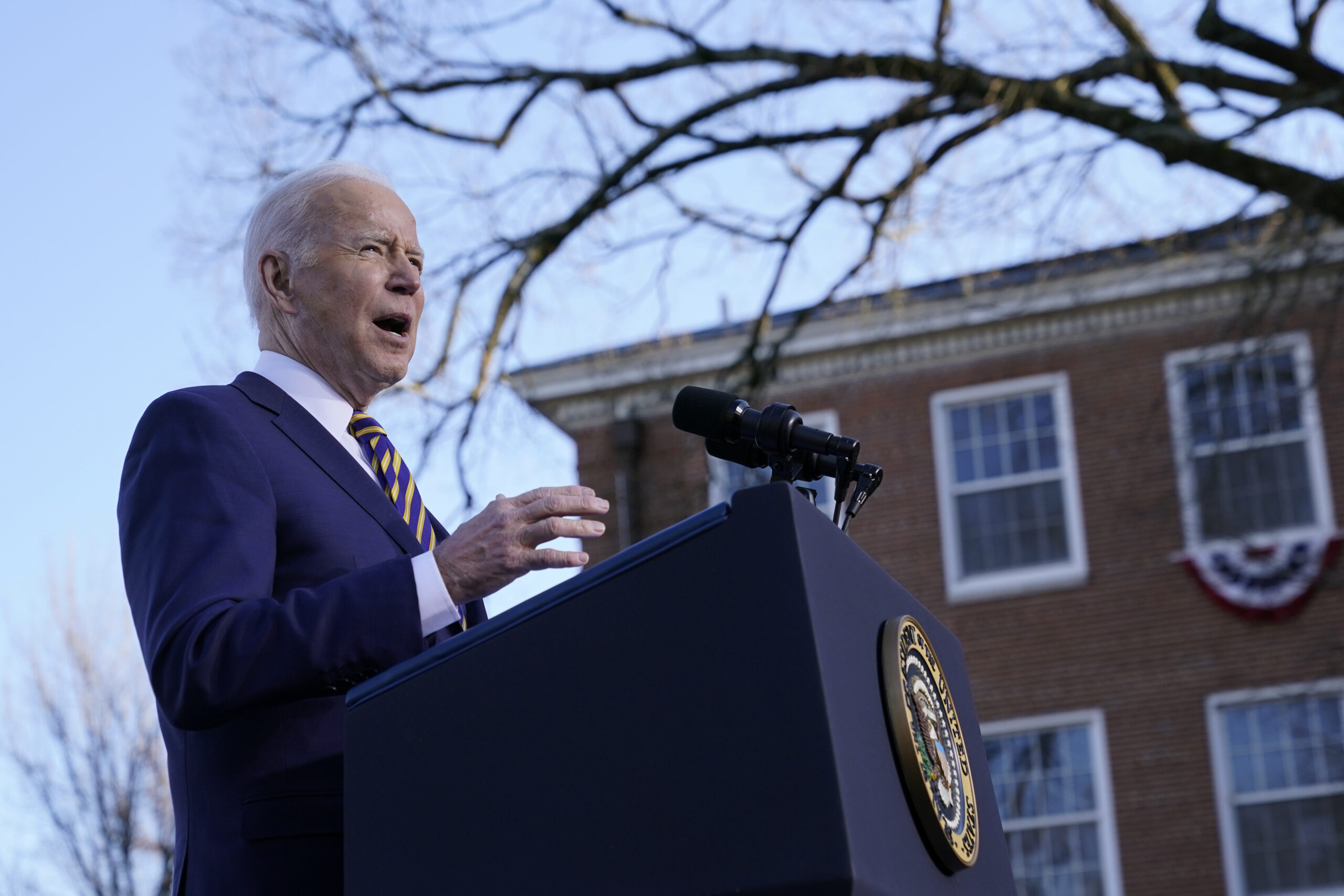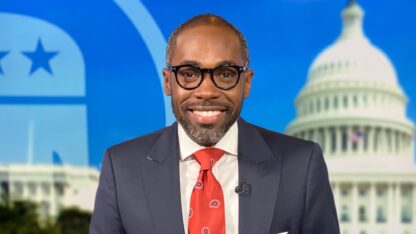Martin Luther King Jr.’s daughter used an address Monday to push for federal voting rights legislation and slam “false narratives under the banner of critical race theory.”
Rev. Bernice King said there is a “very urgent need” for voting legislation, and that it is “crucial to humanity across the globe that the United States of America stands as a democratic nation.” Her remarks came ahead of a scheduled visit Tuesday to Georgia by President Joe Biden and Vice President Kamala Harris to talk about voting rights.
“I also know that there are many people who are not as urgently concerned about that unfortunately,” King said during the address at The King Center in Atlanta to announce events for the upcoming holiday in honor of her father. “There’s a wind of discontent for some and a wave of apathy for others that has settled into the hearts and minds of not only an increasing number of people in the United States, but throughout the world.”
Voting legislation backed by Democrats is currently stalled in the U.S. Senate in the face of Republican opposition, and the party is mounting an effort to change the chamber’s rules to get it passed. Senate Majority Leader Chuck Schumer, D-N.Y., has set the Martin Luther King Jr. holiday on Jan. 17 as the deadline to either pass the voting legislation or consider revising the rules. King said she was frustrated by the lack of progress on voting rights, but she believed legislation would pass and urged dialogue with Republicans.
“This is not just a Black issue,” she said. “This is an issue about democracy.”









